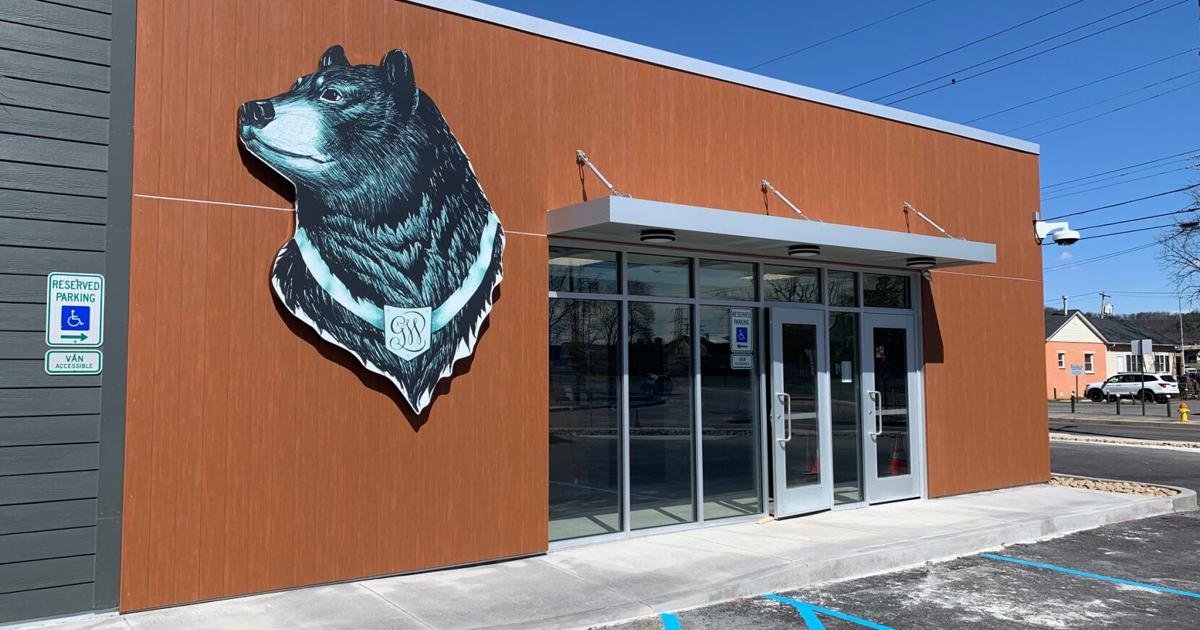The U.S. Department of Homeland Security and Customs and Border Protection recently defended their authority to seize marijuana from businesses that are operating legally under state laws. In a new federal court filing, they stated they can “summarily” take cannabis, although they acknowledged that this power would evolve if cannabis were reclassified to Schedule III under federal law.
A report from the U.S. Sentencing Commission indicates that federal marijuana trafficking cases are on the decline as more states legalize cannabis. This trend allows consumers to shift towards purchasing products from regulated cannabis markets, reducing illegal transactions.
In Ohio, Governor Mike DeWine (R) shared his plans to redirect marijuana tax revenue. He intends to move funds away from social equity programs and local governments, instead allocating them to police training, jails, and behavioral health services. This approach has raised concerns among advocates for social equity in cannabis.
A new study has revealed that lifetime use of classic psychedelics is linked to a 25% lower chance of experiencing frequent headaches. The findings suggest that these substances could potentially be considered for future treatment options for primary headache disorders.
In New Jersey, candidates from both the Democratic and Republican parties are showing support for legalizing home cultivation of marijuana, particularly for medical cannabis patients. This reflects a growing consensus on cannabis policies among state politicians.
Meanwhile, the Montana Senate has given initial approval to a bill that would shift marijuana tax revenue away from environmental conservation efforts and towards law enforcement and drug treatment programs. This decision highlights the ongoing debate over how cannabis tax revenues should be utilized.
In Alabama, the Senate Healthcare Committee has rejected a proposal aimed at regulating hemp-derived drinks and other related products. This rejection underscores the complexities surrounding cannabis regulation in the state.
Lastly, various states are actively revisiting their marijuana laws. In North Dakota, lawmakers are considering multiple bills aimed at changing the state’s cannabis regulations, while Arkansas officials are urging the state Supreme Court to overturn a previous ruling that limits amendments to the state’s voter-approved medical cannabis law.
Overall, these developments reflect the rapidly changing landscape of cannabis regulation across the United States, as both federal and state authorities navigate the complexities of legalization.




